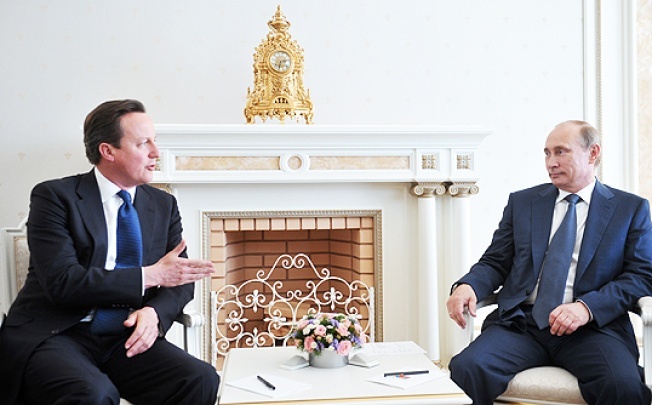For the first time ever, Israel will be running for a rotating seat at the UN Security Council for 2019-2020. While some UN diplomats are skeptical about the Jewish state’s chances of winning, due in part to the fact that the Security Council has adopted over 79 resolutions directly criticizing Israel since its founding in 1948, Israel’s UN Ambassador Ron Prosor remains quite confident. “We’re going all out to win,” he told Reuters. “It’s about time.”
The UN Security Council is comprised of 15 members. Five are permanent members, China, France, Russia, the United Kingdom, and the United States, and ten are non-permanent members elected for two-year terms. While Israel has occasionally held the post of Vice President of the UN General Assembly, it is among over 70 UN Member States that have never been a member of the Security Council.
To be elected to the Security Council, the candidate must receive at least 2/3 of all votes cast by the General Assembly. This is not going to be easy for Israel, as most of the 120 non-aligned bloc of developing nations are hostile towards it. This leads most General Assembly votes on issues relating to Israel and the Palestinian territories resulting in unfavourable outcomes for the Jewish state. The most recent example of this occurred in November 2012 when the General Assembly voted in favour of according Palestine ‘Non-Member Observer State’ status at the UN.
October 2018 will mark the first time that Israel has ever been on a ballot for a seat at the Security Council. This is because until 2000 Israel was not a member of any regional voting bloc, an endorsement from which is necessary for a country to bid on a Security Council seat. Israel ought to have been a member of the Asia-Pacific Group, but a bloc of predominantly Muslim countries made sure that never happened. That all changed in 2000 when, after years of American pressure, Israel was admitted to the Western European and Others Group (WEOG), a group comprised of Western democracies, including Canada.
In 2005 Israel offered it’s first ever candidacy for a seat at the Security Council. Israel and Belgium were to run uncontested for the two WEOG seats becoming available in 2019-2020. That all changed earlier this year when Germany, of all countries, announced its candidacy, creating a three-way fight for two seats. According to German diplomats, Germany competes for membership at the Security Council every eight years, and usually wins easily due to the fact that they are a major world economy and a major UN donor.
For a nation that has done so much for the world, as a bastion of democracy in a politically unstable region, as a leader in technology and health care, and more, it certainly seems unfair that Israel must go through so much trouble to obtain a seat at the Security Council. It will be interesting to see if Germany, one of Israel’s most reliable European supporters, will withdraw its bid for the UN’s most prestigious body.




